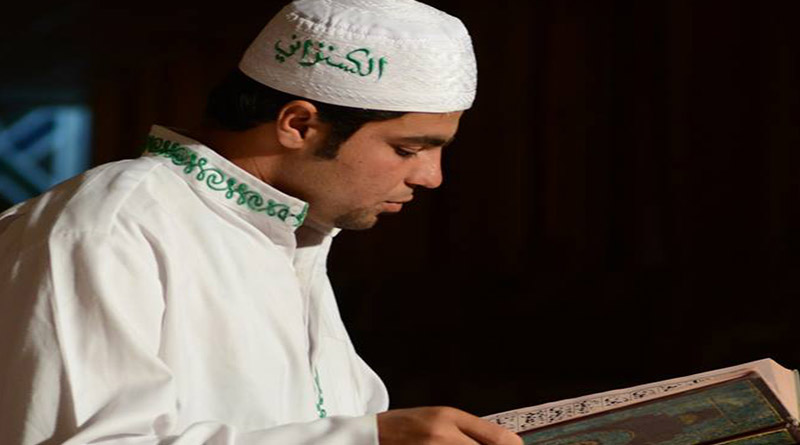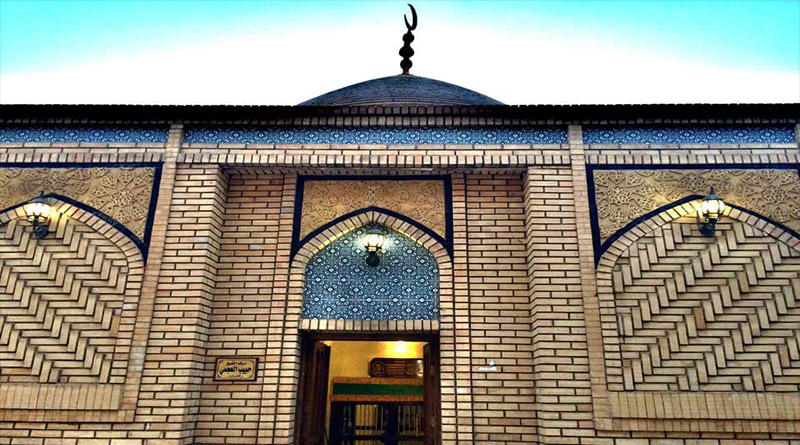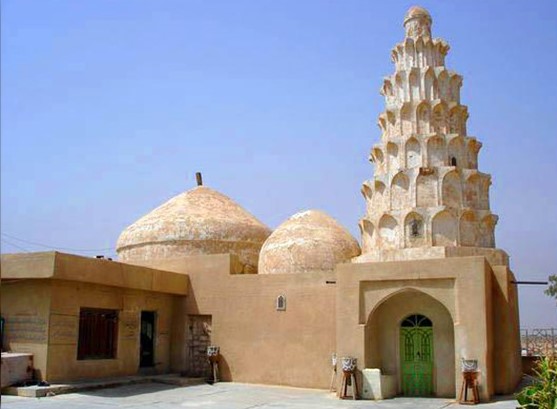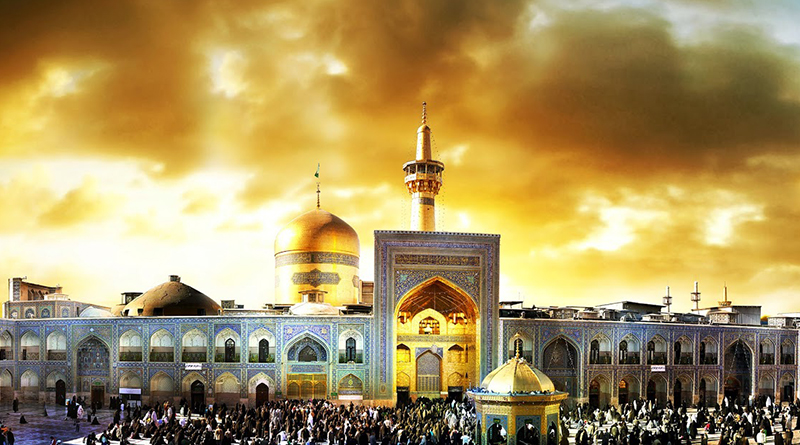The knowledge of the tariqa is a practical science as it Is connected to spiritual struggle (mujahada), self-discipline, states, and stations. It gives new spiritual essence to the jurisprudential concepts of halal (permissible) and haram (forbidden), grounding them in the religious sentiment rooted in the actions of the heart—such as faith, certainty, sincerity, and love. These actions encompass belief, faith, certainty, truthfulness, sincerity, knowledge, trust, love, yearning, spiritual ecstasy, and other states and stations of the people of tariqa.
The tariqa takes an inward approach to understanding worship and legal rulings. Its foundation lies in the Qur’an and Sunnah. Here, we must clarify that Sharia is the framework of the tariqa, while the tariqa is the essence of Islamic Sharia. Thus, the spiritual gateway to the people of the tariqa Is Islamic Sharia, as It is the door leading to the truth, as said in the Qur’an: “And enter houses through their doors” (Al-Baqarah: 189).
This truth has been recorded, adopted, and established by the historians of the tariqa. Some prominent ones include:
1- Al-Sarraj al-Tusi:
This historian ties the tariqa and Sharia to a single origin, viewing them as complementary to each other. He sees Sharia as based on narration, while the tariqa is based on understanding. He categorized the outer actions of the body into acts of worship (such as purification, prayer, almsgiving, and fasting) and transactions (such as marriage, divorce, inheritance, and retribution).
The science of the tariqa, according to him, is a science based on the inner faculty (the heart), with every outer and inner action having a specific understanding, jurisprudence, and essence, supported by Qur’anic verses and hadiths. Al-Sarraj affirms the coexistence of the two sciences, drawing from the verse: “And has completed His favors upon you, both outwardly and inwardly” (Luqman: 20). The outward favor is the performance of acts of obedience, while the inward favor is what Allah bestows upon the heart in the form of states and stations. But the outward cannot exist without the inward, nor the Inward without the outward, as Allah says: “If they had referred it to the Messenger or to those in authority among them, those who can draw correct conclusions from it would have known It” (An-Nisa: 83). This derived knowledge is the knowledge of the tariqa.
The Qur’an, hadith, and Islam all have both outward and inward dimensions. The distinction between Sharia and tariqa lies only in their means: Sharia jurisprudence operates through outward organs, while the knowledge of the tariqa involves inward organs—the heart. Sharia involves verbal adherence, while the tariqa requires action; Sharia is the framework, and the tariqa Is its essence.
2- Al-Sha’rani:
Al-Sha’rani explains that the knowledge of the tariqa is built upon the Qur’an and Sunnah and on following the morals of the prophets and the pure ones. He says, “The knowledge of Sufism—that is, the knowledge of the tariqa—is knowledge that has been Inspired in the hearts of the saints through adherence to the Qur’an and Sunnah. Every person who works by them has insights Into sciences, manners, secrets, and truths that are beyond words. Sufism, that is, the tariqa, is the essence of a servant’s work In accordance with Sharia, when devoid of personal motives and self-interest” (from *Al-Anwar al-Qudsiyya*).
Anyone who delves deeply into Sharia, reaching its ultimate level, will intuitively realize that the knowledge of Sufism, or the knowledge of the tariqa, flows from the very spring of Sharia. When a servant enters the path of the spiritual community and delves deeply within It, Allah grants them the ability to deduce principles in the same way as the outer rulings, allowing them to deduce obligations, recommendations, manners, prohibitions, and dislikes. If one examines this closely, they will find that nothing in the sciences of the people of Allah lies outside Sharia. Indeed, their connection with Allah is constant through Sharia, moment by moment. Every Sufi Is a jurist, though not every jurist is a Sufi.
3- Al-Kalabadhi:
Al-Kalabadhi maintains that the people of the tariqa possess a unique knowledge exclusive to them—knowledge of revelations, visions, and intuitions—while also emphasizing knowledge of Sharia rulings. He says, “The sciences of the Sufis are the sciences of states, and these states are the heritage of actions. States can only be inherited from correct actions. The initial step In this knowledge is to learn their sciences, which Is knowledge of Sharia rulings—from acts of worship like prayer and fasting to social dealings such as marriage and divorce—based on what Allah has commanded or recommended and on what is essential for worldly well-being. These are the sciences of learning and acquisition, so the first obligation upon a servant is to seek this knowledge diligently.”
Thus, Al-Kalabadhi points out that the knowledge of the tariqa is the knowledge of divine unity and understanding, complementing the knowledge of Sharia. Whoever seeks to immerse themselves in this knowledge must adhere to and understand the religious teachings and rulings to reach the knowledge of inspirations, visions, and revelations that are exclusive to the people of the tariqa.
References:
1. Al-Baqarah: 189
2. Luqman: 20
3. An-Nisa: 83
4. *Al-Anwar al-Qudsiyya* – Abd al-Wahhab al-Sha’rani
– Source: Sheikh Muhammad al-Kasnazan al-Husseini, *Kitab al-Tariqa al-Aliya al-Qadiriyya al-Kasnazaniyya*, p. 91




